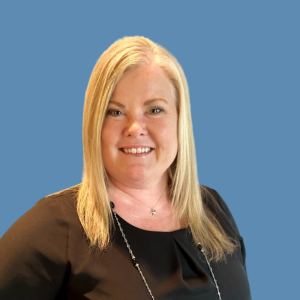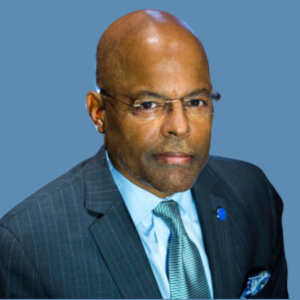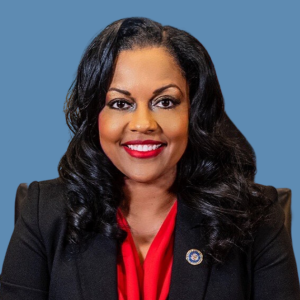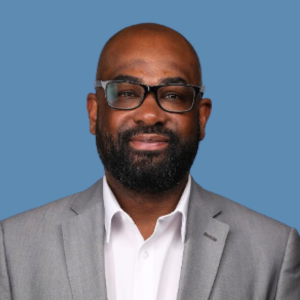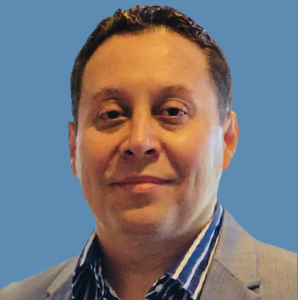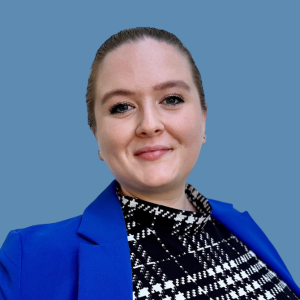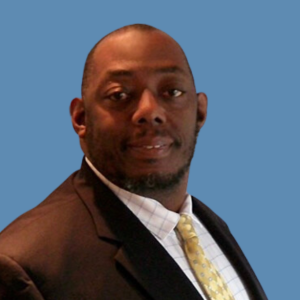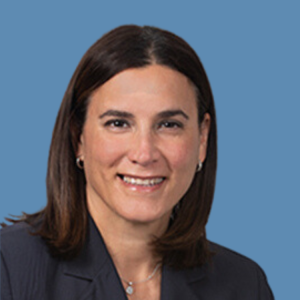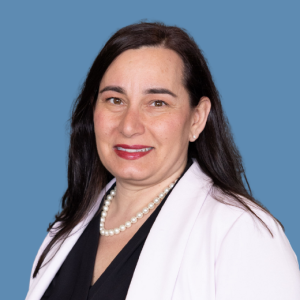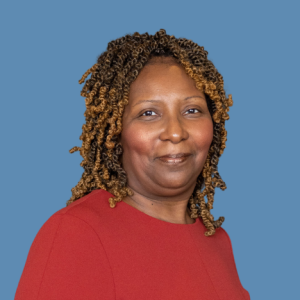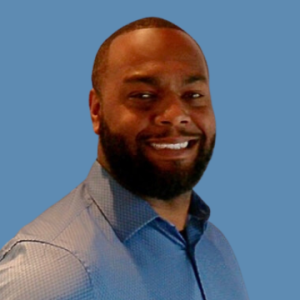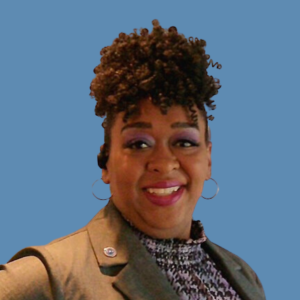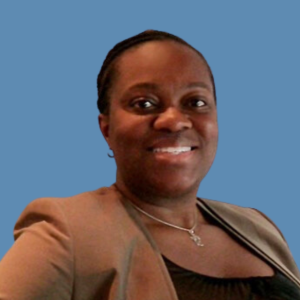Recently, staff representing programs in KRA Corporation’s Mid-Atlantic Region* participated in a second all-day Cross-Program Collaboration Workshop at KRA Headquarters in Fulton, Maryland.
Nate’ Gordon, one of KRA’s Corporate Operations Managers, reported, “Our 2012 workshop focused primarily on technical, or ‘hard’ skills—program practices and procedures, data collection and reporting, job-market analysis, quality assurance strategies, etc. This year, we turned our attention to enhancing staff’s ‘soft’ skills—adaptability, flexibility, collaboration, communication, etc.; in simple terms, contributing to a positive workplace environment, and working in harmony with colleagues.”
Gordon continued, “This workshop fulfilled two objectives: one to assist staff in enhancing their own soft skills’ competencies, and two, to use that knowledge to assist our customers in their soft-skills’ development, an attribute highly prized by today’s employers. The workshop was facilitated by Dramatic Solutions, Inc., a company specializing in drama-based instruction and learning theory.”
Prior to the training, participants completed the Process Communication Model (PCM), an instrument—developed more than 40 years ago by Taibi Kahler, an award-winning Clinical Psychologist—that categorizes personality into six different types. At the training, each staff member received a synopsis of “who” they are. According to Kahler, everyone exhibits all six personality traits in varying degrees of strength-and-weakness, therefore none are deemed necessarily “good” or “bad”.
Briefly, “dreamers” are reflective, imaginative, directable, and calm; “persisters” are dedicated, observant, conscientious, and tenacious; “promoters” are resourceful, adaptable, charming, and persuasive; “reactors” are compassionate, sensitive, warm, and nurturing; “rebels” are spontaneous and energetic; and “workaholics” are responsible, logical, organized, and time-oriented.
Anthony Featherstone, KRA Program Manager, commented, “The workshop was very lively, with staff providing examples of situations encountered on a daily basis, like dealing with communication barriers and conflict resolution, and how to best guide customers whose lack of effective problem-solving skills may present a serious obstacle to successful employment. Everyone acknowledged that each KRA program site is comprised of people with very different personalities. Thus, the training gave us an introspective view of these differences. By understanding who we are and adding definition to our personalities, we can be more effective in creating synergy among ourselves, as well as our customers.
Gordon concluded, “We believe that staffs’ soft skills are as crucial for program effectiveness and success as their technical skills. Delegating, motivating, problem solving, and team building are so much more effective when staff possess good soft skills. Mistakenly, sometimes, we expect staff—and customers—to know how to ‘behave’ on the job. Assuming that we all posses the desired soft skills can be frustrating and lead to disruptive worksite interactions. That’s why it’s so important to focus as much on soft- skills development as on traditional hard-skills training.”
*The KRA Mid-Atlantic Region offices in Maryland and the District of Columbia specialize in providing comprehensive Workforce Development Services for recipients of TANF (Temporary Assistance for Needy Families) public-assistance benefits.

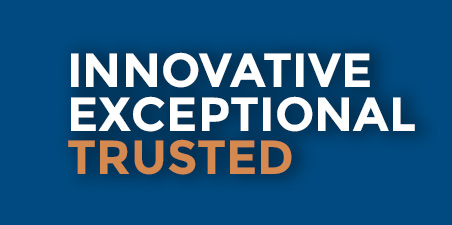
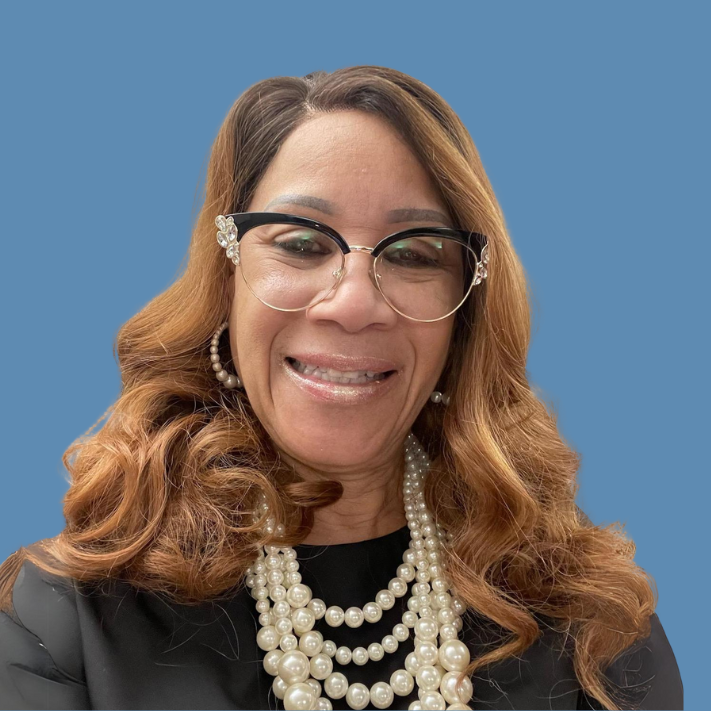 Dr. Boone’s 20+ years’ experience in the industry is extensive and her expertise in private-, public-, and non-profit sector workforce-services organizations is unparalleled, particularly in the Baltimore–Washington Metropolitan area.
Dr. Boone’s 20+ years’ experience in the industry is extensive and her expertise in private-, public-, and non-profit sector workforce-services organizations is unparalleled, particularly in the Baltimore–Washington Metropolitan area.


